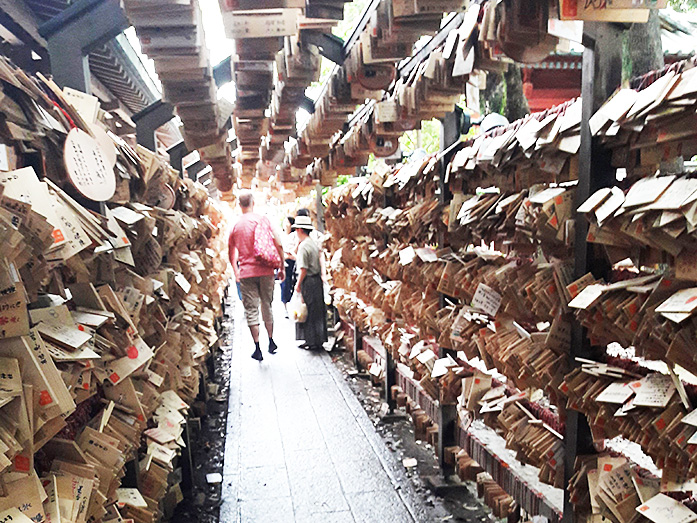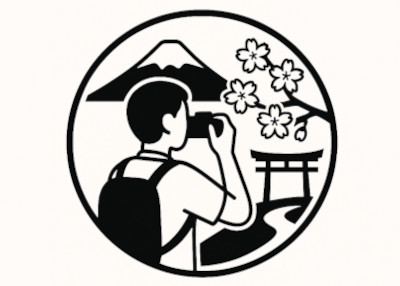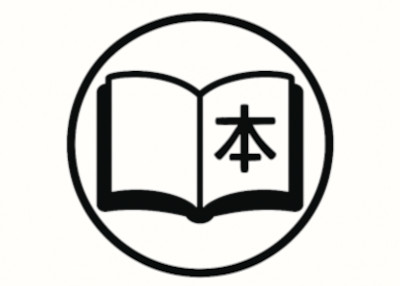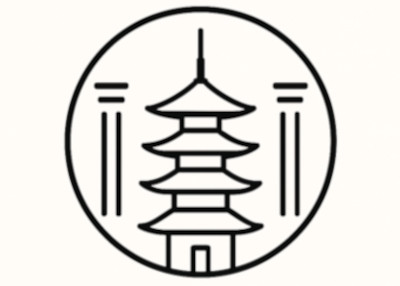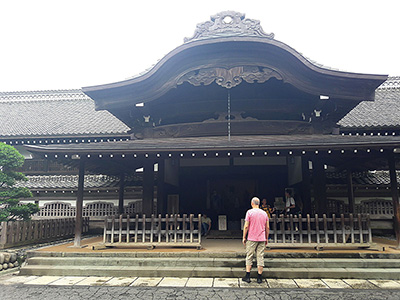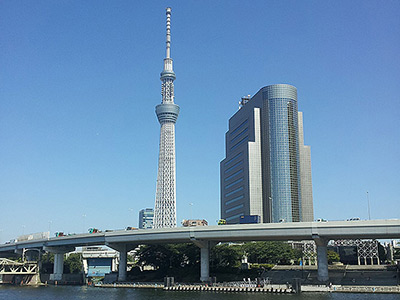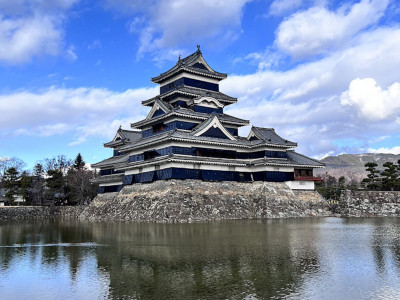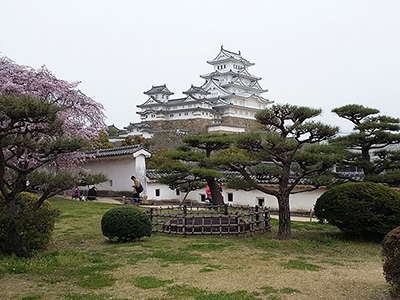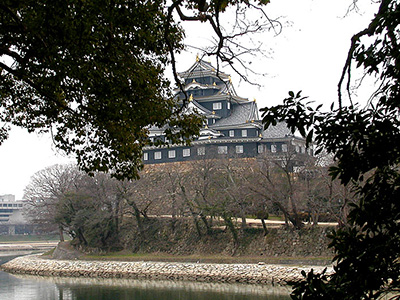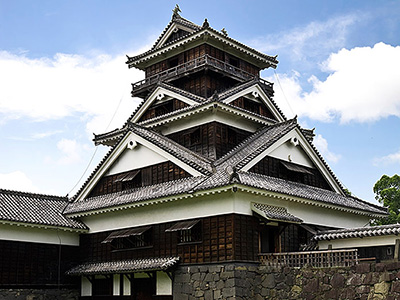Hikawa Shrine (Kawagoe)
This post can contain affiliate links, which means that we may receive a small commission if you make a purchase using these links.
Facts & Figures
Hikawa Shrine in Kawagoe (Saitama prefecture) is popular for people who search for love and make a wish for it. Hopefully the enshrined - God of Marriage - will help them to find a girl or boyfriend. Therefore it is also a place for many wedding ceremonies over the year. The name for the Hikawa Shrine comes from the Hikawa River in Izumo (Shimane Prefecture). At the Shinto shrine you will find one of the tallest gates (torii) in Japan. The wooden structure with a height of 15 meters is an impressive sight.
If you are lucky to explore the Hikawa shrine during summer time make sure to visit the exhibition of multicolored fuurin (Japanese wind chimes).
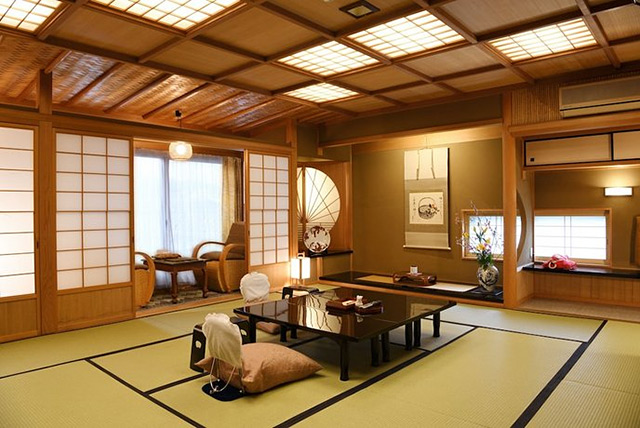 Experience the Ultimate Japanese Hospitality at a Kawagoe Ryokan or Hotel.
Experience the Ultimate Japanese Hospitality at a Kawagoe Ryokan or Hotel.
Find Your Perfect Place Now >
Over 2000 can be found at the shrine complex. Fuurin kairo, a corridor lined with 888 wind chimes with tanzaku (wooden strips) in 11 different colors is the main highlight. Btw they produce a nice relaxing sound when the wind blows. Also do not miss the 10 meter long tunnel decorated with ema (wooden cards full of handwritten prayers). A small sacred river (Hikaru Kawa) is crossing the shrine grounds, which is illuminated at night from 7 to 9pm. The illumination represents the Milky Way.
The origin of the famous Kawagoe Hikawa Festival goes back to this shrine.
To improve your luck you should buy little charms in the shape of a red snapper (taimikuji) with omikuji (fortune readings).
- Hikawa Shrine:
- Opening Hours - 9:00 am to 5:00 pm
- Closed - never, open every day
- Admission Fee - free
My tips for local activities
Explore the best parts of this beautiful town Kawagoe, also called Little Edo, with a local guide. The day trip starts in Toyko. Check out this page > for more details.
History
Hikawa Shrine is dating back to 541 (Asuka period). At that time Emperor Kinmei (509 - 571) was ruling the country. After the Kawagoe Castle was built in 1457 the shrine has been worshipped by their daimyos (lords). In 1849 the 4th daimyo of Kawagoe with the name Matsudaira Naritsune (1797 - 1850) donated the sacred main building with its beautiful carvings made by Shimamura Genzo to the Hikawa shrine. The construction took from 1842 to 1849. In 1956 the shrine complex got the status of an Important Cultural Property of Saitama Prefecture.
Location
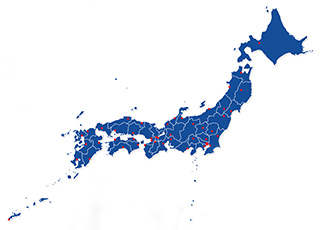
Hikawa Shrine is located within the city Kawagoe near Honmaru Goten Palace in the Saitama prefecture.
Address: 2-11, Miyashitamachi, Kawagoe-shi 350-0052, Saitama Prefecture
How to get to Hikawa Shrine?
- 10 minute walk from the Kawagoe Warehouse District (Kurazukuri Zone).
Sightseeing spots at Hikawa Shrine complex
Top:
Holy Trees - Behind the main shrine there are 2 huge zelkova trees (keyaki) located. They have an estimated age of over 600 years and will give you spiritual power once you walk around them in the form of the number 8.
Main Gate (torii) - The tall vermillion red gate displays a framed symbol with writings from Japanese statesman Katsu Kaishu (1823 - 1899) in its center.
Main Hall (honden) - It is designated as an Important Cultural Property by the Saitama Prefecture. The architecture of the building with its beautiful carvings is a masterpiece of the Edo period (1603 - 1868).
Musubi cafe (rice ball cafe) - The shrine has its own restaurant with delicious meals and seasonal sweets. It is located within the Hikawa Kaikan building (first floor) next to the shrine.
Festival & Events (dates can change without notice)
July to August
Enmusubi Furin (Wind Chime Festival) (9th July - 31st August)
The highlight of the festival is the corridor of marriage wind chimes. Visitors attach paper stripes with wishes for love and a successful marriages on them. Music performances and many food stalls are part of the event. The opening hours are from 9:00 am to 9:00 pm.
August
Tanabta festival (7th)
It is also recognized under the name Star Festival (Hoshi matsuri). The tale says 2 lovers (deities - Hikoboshi and Orihime) are separated by the Milky Way and can only meet once a year. Visitors will write their wishes on paper and hang them on bamboo trees.
Takigi Noh (end of August)
Enjoy Noh dance performances at the shrine together with the spectacle of a hanabi (bonfire).
October
Kawagoe Hikawa Festival (17th/18th)
Appr. 1 Mio. tourists enjoy the biggest event in Kawagoe every year. The traditional Japanese matsuri (festival) is dating back more than 360 years. It last for 2 days and the parade of 29 floats (Dashi) is the absolute highlight. In 2016 something important happened to the Kawagoe Hikawa Festival. It made it on the list of UNESCO Intangible Cultural Heritage as an outstanding float festival in Japan.
Where to stay in Kawagoe, Saitama?
Hotels and Ryokans in Kawagoe, Saitama
Powered by Expedia
